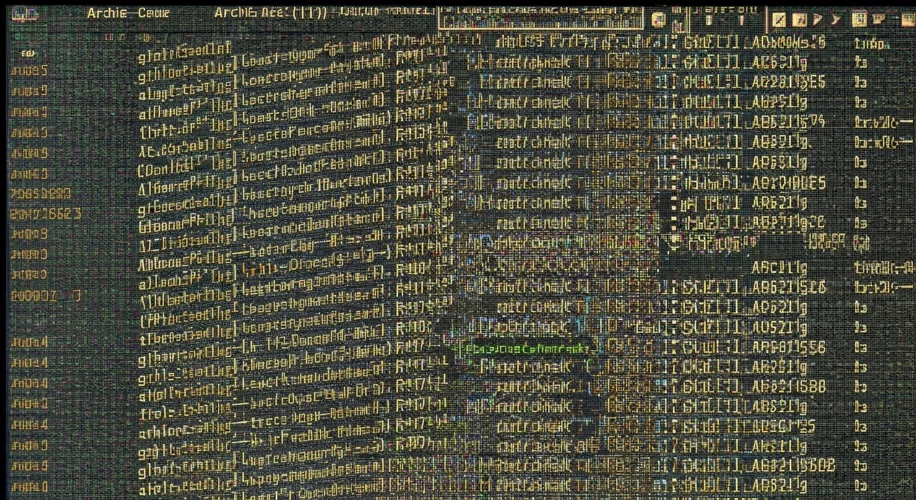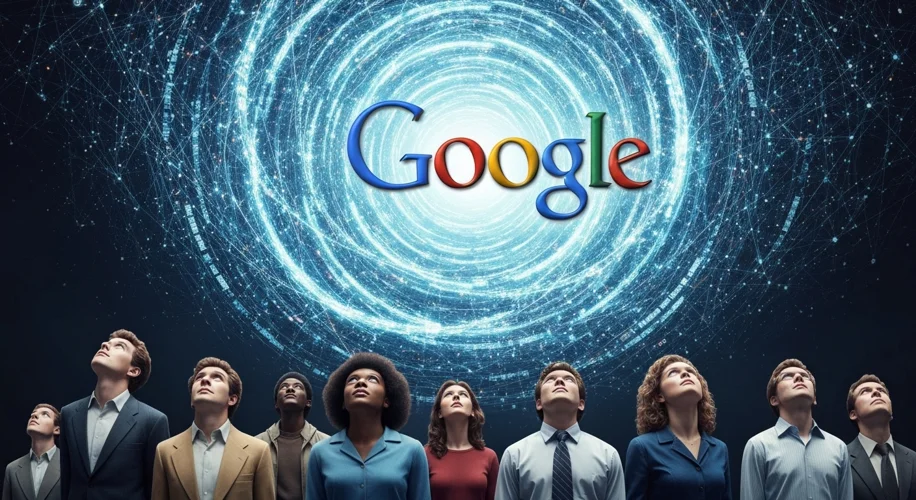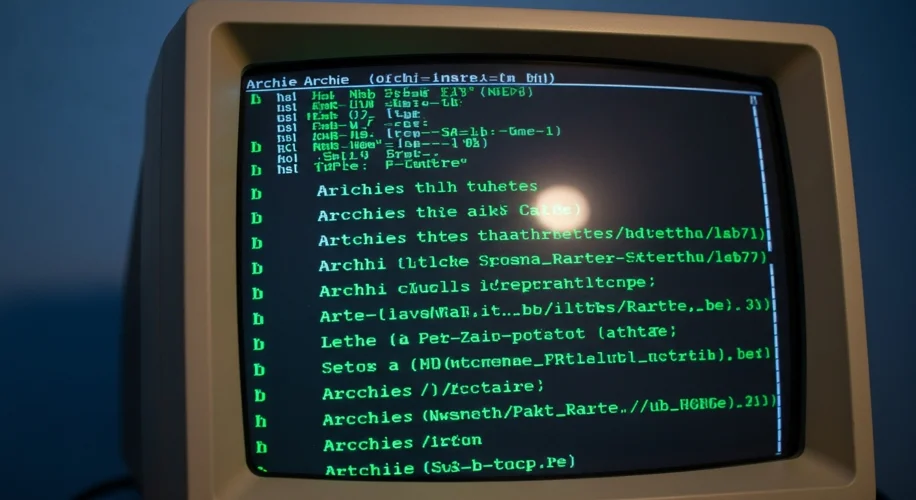Imagine a world where finding information was like navigating a labyrinth blindfolded. Before the digital age, knowledge was locked away in libraries, accessible only to those who could physically reach them. Then came the internet, a vast, interconnected web promising boundless information. But how did we begin to navigate this digital ocean?
Our journey begins not with sleek interfaces and instant results, but with humble beginnings in the late 1980s and early 1990s. The internet, then a nascent network primarily for academics and researchers, was a far cry from the bustling marketplace of ideas we know today. Finding anything required knowing its exact address – a daunting task when the web was still largely unmapped.
Enter Archie, often hailed as the very first internet search engine. Created in 1990 by Alan Emtage, a student at McGill University in Montreal, Archie was not a web crawler as we understand it today. Instead, it indexed FTP (File Transfer Protocol) archives, essentially cataloging files available for download. Think of it as a librarian meticulously noting down the titles of books available in a specialized, albeit very niche, collection. It was a rudimentary but vital step in bringing order to the digital chaos.
Following Archie, other pioneers emerged. Gopher, developed at the University of Minnesota, presented information in a hierarchical, menu-driven format. It was like navigating a digital filing cabinet, where you’d open one folder, then another, to eventually find your document. While user-friendly for its time, it lacked the flexibility and broad reach of later search engines.

The real revolution, however, began with the World Wide Web and the advent of web crawlers – programs designed to systematically browse the internet. The early to mid-1990s saw the rise of engines like Lycos, WebCrawler, and AltaVista. These were the explorers charting unknown territories, indexing web pages and making them searchable by keywords.
AltaVista, launched by Digital Equipment Corporation in 1995, was particularly groundbreaking. It boasted a massive index, could search through full text of pages, and even handled natural language queries to some extent. For a time, it was the king of search, offering speed and comprehensiveness that left earlier systems in the dust. People marveled at its ability to find obscure pieces of information in seconds, a feat that would have been unthinkable just years before.
Yet, the landscape was still fragmented. Different engines had different strengths and weaknesses. Some were faster, some had larger indexes, and others offered more advanced search features. Users often had to try multiple search engines to find what they were looking for. It was a period of intense competition and innovation, a digital arms race for capturing and organizing the ever-expanding universe of online information.
Then, in 1998, a new contender emerged from Stanford University, founded by Larry Page and Sergey Brin: Google. Their innovative approach, known as PageRank, revolutionized how search results were ranked. Instead of solely relying on keyword matching, PageRank considered the number and quality of links pointing to a page, effectively using the web’s own structure to determine relevance. A link from a reputable site was seen as a vote of confidence, making Google’s results remarkably accurate and useful.

Google’s clean interface and superior relevance quickly captured the public’s imagination. It was intuitive, fast, and, crucially, it usually delivered what people were looking for. The phrase “Google it” entered the lexicon, signifying a paradigm shift in information access. Suddenly, the world’s knowledge wasn’t just at our fingertips; it was instantly retrievable through a simple query.
The impact of this evolution is immeasurable. Search engines democratized information, breaking down geographical and economic barriers. Students could research topics without needing access to rare books, professionals could find the latest industry data, and ordinary citizens could explore any subject that piqued their curiosity. This unprecedented access to knowledge fueled innovation, education, and global connectivity.
From Archie’s rudimentary file indexing to Google’s sophisticated algorithms, the evolution of search engines is a testament to human ingenuity and the relentless pursuit of knowledge. They transformed the internet from a complex network into an accessible library for all, fundamentally altering how we learn, work, and interact with the world. The silent quest for information had found its champion, and the world would never be the same.

